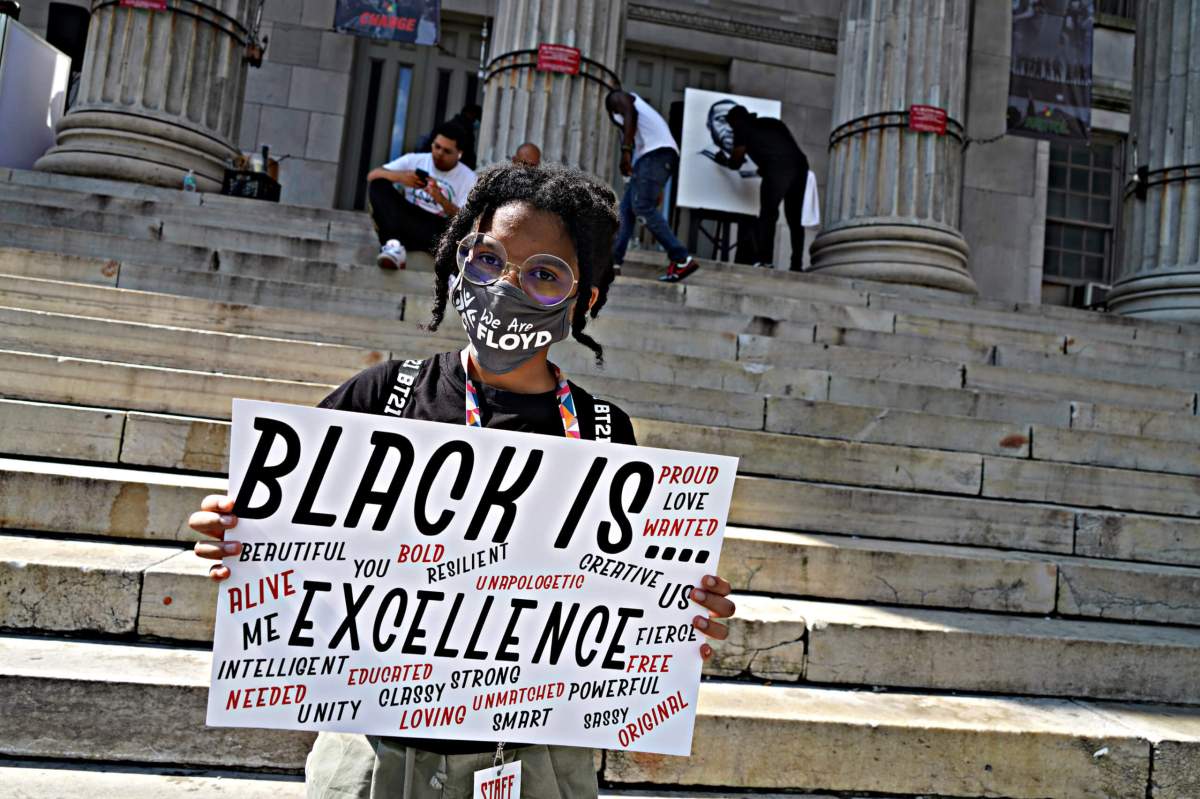MacKenzie Scott, who just announced the third round of multi-billion-dollar donations from her Amazon fortune, is using her impressive platform to give voice to an evolution in philanthropy, one where gifts come with no strings attached and funding flows to organizations focused on equity and systemic change. We need more of this kind of commitment from foundations, corporations, and wealthy individuals–not only because it’s the right thing to do, but because it is necessary if we want to end racism’s grip on our country once and for all.
Over the past year we have seen the pandemic expose and exacerbate intense disparities in our communities–in health, employment, housing, and much more–drawn along racial lines. We know the future is full of uncertainty and instability, and if things don’t change, Black and brown communities in our city will continue to be on the frontlines of crisis, while people of wealth and privilege are buffered from the most severe impacts.
American foundations and corporations distributed over $100 billion in 2019, which did little to offset the impacts of COVID-19. The philanthropic sector must overhaul how we give, who makes the decisions about giving, where the money goes, and for what. Giving alone is not good enough anymore.
Take for example the effort being made to address vaccine hesitancy. Here in New York City, hesitancy is high in Black communities, owing to a perverse history of medical experimentation that hurt and even killed African Americans, and compounded by generations of criminalizing and degrading interactions with government entities. Now, the government and its corporate partners are funding incentives like lotteries and amusement parks and airline tickets to encourage people to get vaccinated, which are unlikely to work. Just ask Colette Pean, who runs the community-based nonprofit East New York Restoration: “Incentives make people with questions wonder why this money is suddenly available to incentivize vaccination but not for other needs.”
In April, recognizing the complexities around vaccine outreach and the general mismanagement of information and care throughout the pandemic in Black and brown communities, we distributed $250,000 from our Brooklyn COVID-19 Response Fund to 25 hyper local nonprofits led by community members. Each organization is creating their own targeted vaccine outreach programs tailored to the unique concerns their members have. This is the kind of support foundations should be providing—support that recognizes that people on the ground are best situated to solve community problems. But even with this, we know we need to do more.
Today, we are announcing that we will guarantee that, at minimum, 30 percent of all of our grantmaking will explicitly benefit Black communities, matching their share of Brooklyn’s population. Moreover, because of how pervasive anti-Black racism is, we also recognize the need for a far greater allocation of resources than this, and we will continue to prioritize and encourage giving to Black-led organizations and groups engaged in organizing, advocacy, and movement-building for structural change.
To commemorate tomorrow’s Juneteenth holiday, we call on foundation heavyweights, philanthropists, and government officials to move the power and financial resources they have to Black communities and other communities of color: listen, invest, and give them the resources and authority to create the fair and just future we all need and desire.
Cecilia Clarke is the President and CEO of Brooklyn Community Foundation





































